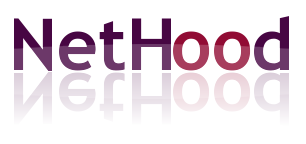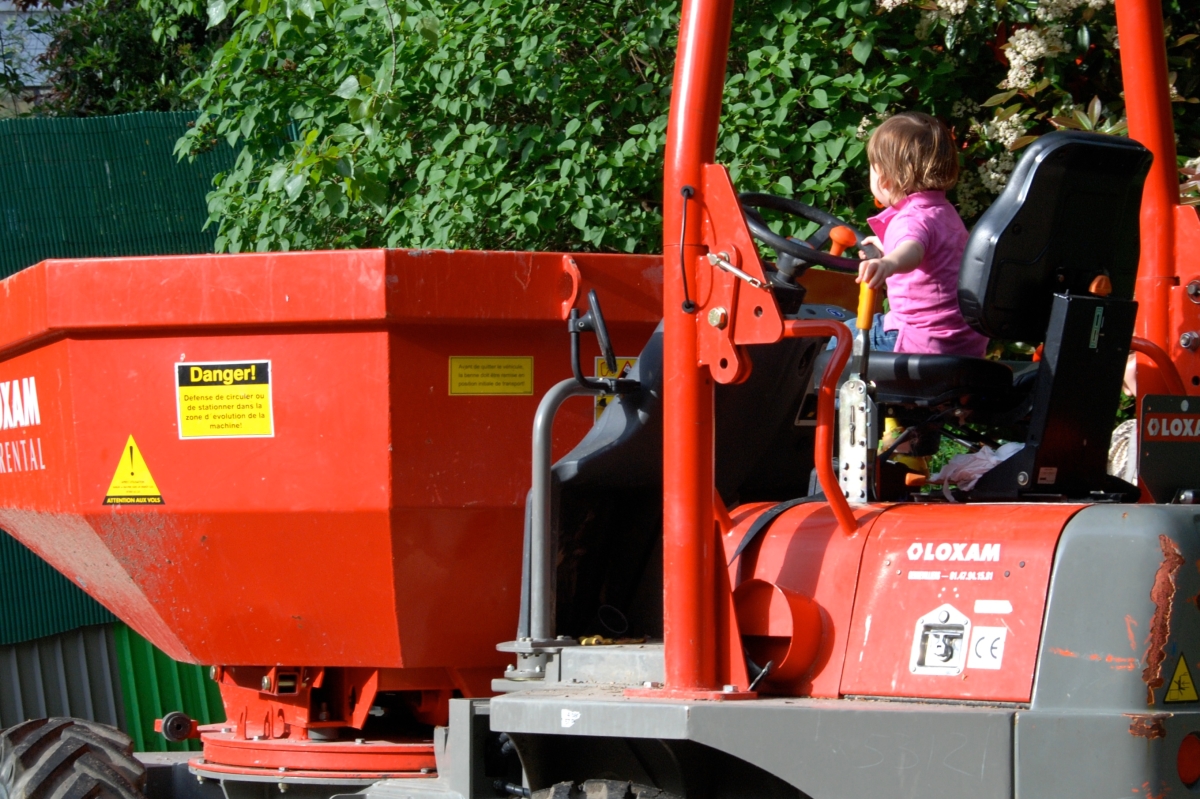
|
about
projects
papers
events
contact
|
NetHood is involved since its inception on various technological projects focusing on the hybridity of space (the combination of the physical and the digital), the ownership and participation in the design of digital platforms, or DIY networking (links) and the learning processes required for people to demystify technology and claim their right to the hybrid city.
The overall technological approach of NetHood has been summarized through an analogy with agriculture, as the organic Internet.
Really Simple Federation (RSF)
In collaboration with CIRCE NetHood develops tools to faciltitate the creation of federated platforms using the RSS protocol. Check docs.mazizone.net.
The MAZI toolkit
NetHood has been the instigator of the MAZI project and has coined the term DIY networking to refer to the design and deployment of small scale community networks focusing on local application instead of offering access to the Internet. See for example a few key publications and presentations on the topic since 2014. It has played also a key role to the design of the MAZI toolkit and has been one of the main authors of its guidelines.
The Openki.net platform
NetHood collaborated closely with Openki.net between 2016 and 2019, responsible for documentation, guidelines, venues management, and modest contributions in the gitlab (previously github) issues and coding. NetHood is also an active user of the platform leading an openki course on the organic Internet.
Participatory design of local applications for CNs
In the context of the netCommons project, NetHood produced a novel methodology for facilitating the collaboration between the diverse set of actors needed for the successful design and deployment of local applications in Community Networks. The methodology was developed through a 2-year engagement with the Sarantaporo.gr Community Network, which is documented in detail in two project reports, and a small booklet inspired by the MethodKit.
Purposeless information sharing
Since 2014, NetHood has organized numerous interdisciplinary and transdisciplinary events, bringing together researchers and activists from different fields using a "low expectations" approach, focusing more on putting a diverse set of information "on the table" instead of forcing people to "collaborate" toward common goals before establishing a common language and understandings. This strategy has proven very successful with many examples of events with no concrete outcome, which later led to very strong collaborations. It is difficult to write down this methodology because its most important elements are difficult or even impossible to spell out. Join on of our future events to experience it in practice :-)
With the Openki course on the organic Internet as a starting point, NetHood is developing a collection of education material on the topics of DIY networking, organic Internet, and the right to the hybrid city. This work has been pursued with more intensity and more concrete outcomes in the context of the activities planned in the L200 space.
The organic Internet: Building Communications Networks from the Grassroots
P. Antoniadis
In Co-Designing Economies in Transition, New York, Palgrave Macmillan, 2018. [publisher] [pdf] The right(s) to the hybrid city and the role of DIY networking
P. Antoniadis and I. Apostol
Journal of Community Informatics, special issue on Community Informatics and Urban Planning, vol. 10, 2014. [publisher] [pdf] [more publications]
EuComMeet, EU Horizon 2020
Cultures 4 Resilience, Creative Europe
MAZI, EU Horizon 2020
netCommons, EU Horizon 2020
[more projects]
